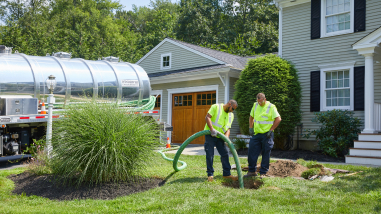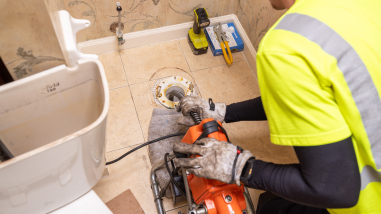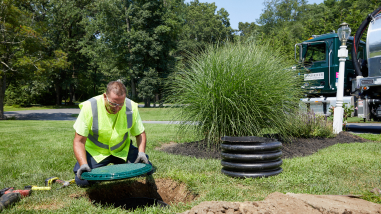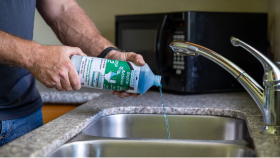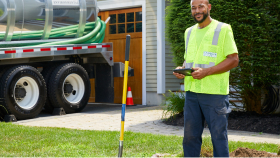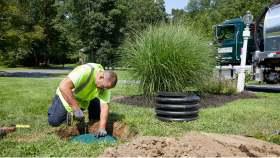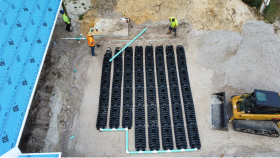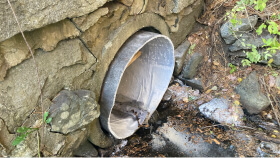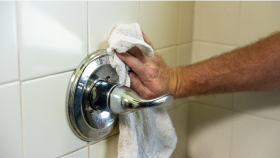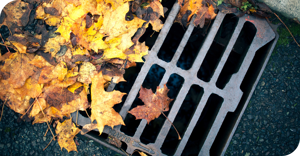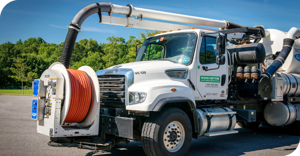
Residential
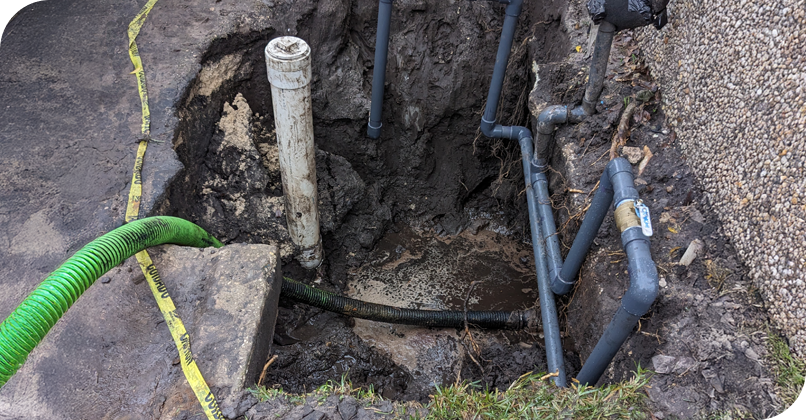
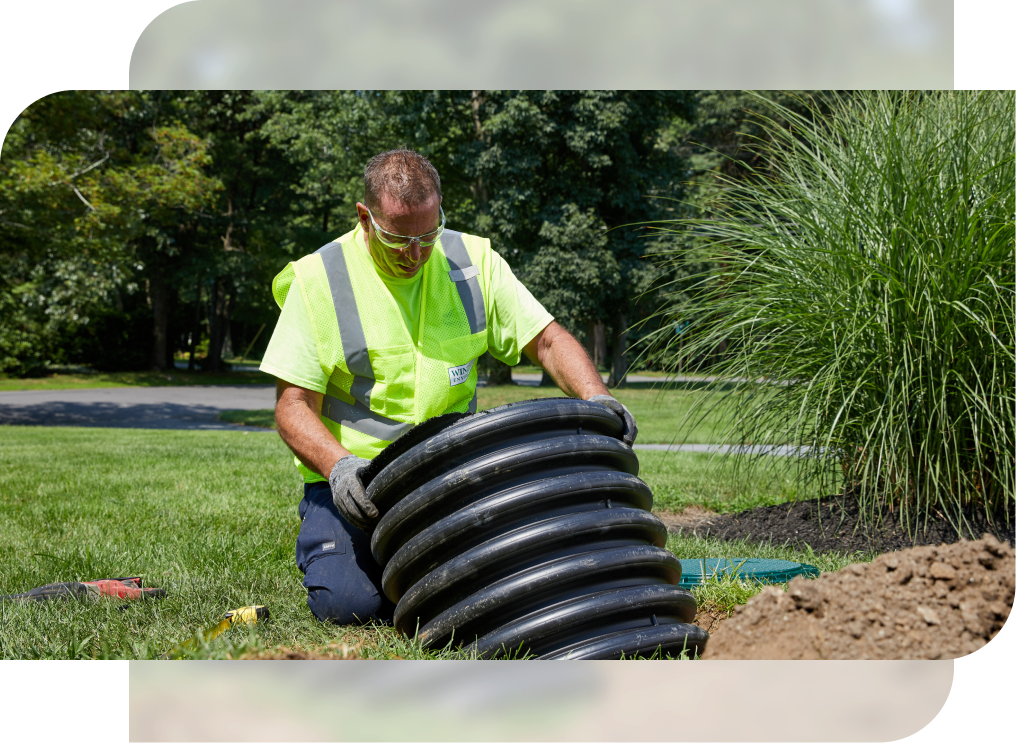
The Nation’s Leader in Residential Septic Services
Why Choose Wind River Environmental?
- We’re the largest service provider in the industry, offering the largest fleet and one of the widest service areas.
- We offer one of the most thorough and complete ranges of services, meaning we’re ready to handle anything.
- We offer detailed online reporting with our intuitive and convenient mobile app!
- We offer convenient online scheduling of septic services thorough bookmyseptic.com.
- We’re there when you need us, including offering 24/7 availability for emergencies.
- We’re environmentally friendly and are fully devoted to compliance with all laws and regulations.
Let's keep things flowing! Contact us to schedule your service today.
Explore how we deliver unparalleled wastewater management for residential, commercial, and industrial settings.
-
Book Your Way
Book your service by phone, request a callback, or our self-service portal.
-
Get Email Confirmation
We’ll send you a confirmation with all the info needed for smooth service.
-
Receive Services
Our techs respect your property, document work, and keep you informed.
-
Get Your Summary
Expect a post-service email with your receipt, documents, and photos.
-
Stay in the Loop
As part of our family, enjoy service reminders, tips, and exclusive savings.

Hear From Our Happy Customers
-
“The technician was very helpful and gave me several ‘pointers’ about what we could do to help get the most out of our septic system.”- Stephen F.
-
“What made them stand out was they are willing to handle all aspects of what we were asking so that we have a complete plan in place.”- Nick Jaggi - Facilities Director, Warwick Mall
-
“Wind River was there in less than two hours and were like a white knight on their steed. Of course I became a big fan.”- Gene Shoemaker, Business Owner

-
Let’s Keep Life Flowing!Contact UsJust need Home Septic Pumping? Book Online

